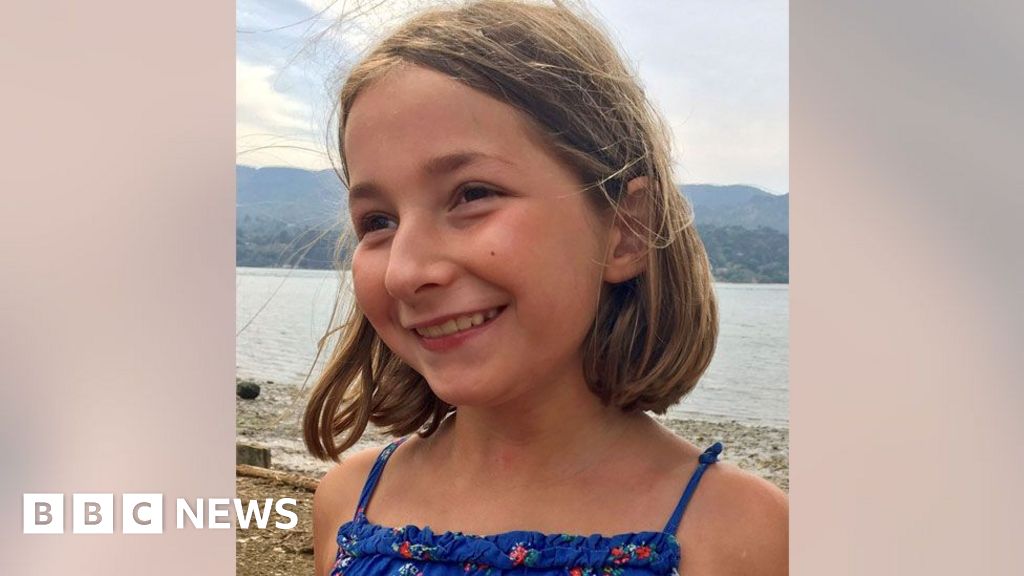ARTICLE AD BOX
Image source, Science Photo Library
Image caption,Symptoms include fever, headache, muscle aches, backache, swollen lymph nodes, chills and exhaustion
Four more people in England have been diagnosed with monkeypox.
The UK Health Security Agency says the risk to the public remains very low, although it appears the individuals caught it in the UK.
Monkeypox is usually associated with travel to West Africa.
The new cases - three in London and one in north-east England - do not have any known links with two other cases confirmed on 14 May or another case announced on 7 May.
The UKHSA says investigations are under way to establish links between the latest four cases, who all appear to have been infected in London.
Currently, common contacts have been identified for two of the four latest cases. All four self-identify as gay, bisexual or other men who have sex with men.
The UKHSA says anyone with concerns that they could be infected should see a health professional, but make contact with the clinic or surgery ahead of a visit.
If you get infected with monkeypox, it usually takes between five and 21 days for the first symptoms to appear.
Symptoms include fever, headache, muscle aches, backache, swollen lymph nodes, chills and exhaustion.
A rash can develop, often beginning on the face, then spreading to other parts of the body. The rash changes and goes through different stages - a bit like chicken pox - before finally forming a scab, which later falls off.
It does not spread easily between people. But it can be spread through:
- touching clothing, bedding or towels used by someone with the monkeypox rash
- touching monkeypox skin blisters or scabs
- the coughs or sneezes of a person with the monkeypox rash
Read more about the virus here.
UKHSA chief medical adviser Dr Susan Hopkins said: "This is rare and unusual. UKHSA is rapidly investigating the source of these infections because the evidence suggests that there may be transmission of the monkeypox virus in the community, spread by close contact. We are particularly urging men who are gay and bisexual to be aware of any unusual rashes or lesions and to contact a sexual health service without delay.
"We are contacting any potential close contacts of the cases to provide health information and advice."
Those patients needing medical care are all in specialist infectious disease units at the Royal Free Hospital, Royal Victoria Infirmary in Newcastle upon Tyne and Guys' and St Thomas'.
Related Internet Links
The BBC is not responsible for the content of external sites.

 3 years ago
41
3 years ago
41








 English (US) ·
English (US) ·